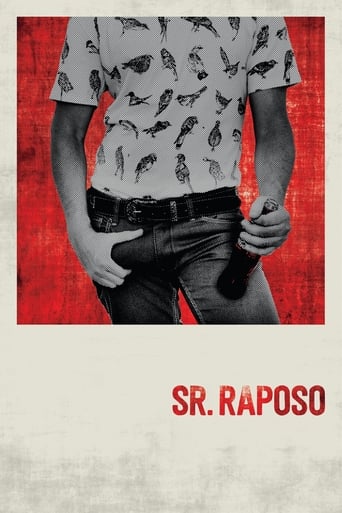
23 Jan 2018

Mr. Fox
Sr. Raposo is a staged documentary about the daily life of Acácio, who found out he was HIV+ in 1995.

Matt wants a lover
A documentary exploring the life of a man with multiple disabilities, as he discusses his approach to sexuality and romance; focusing on his desire for a genuine partner, as opposed to a carer, a martyr or somebody "doing him a favour".

himself
himself

23 Jan 2018

Sr. Raposo is a staged documentary about the daily life of Acácio, who found out he was HIV+ in 1995.
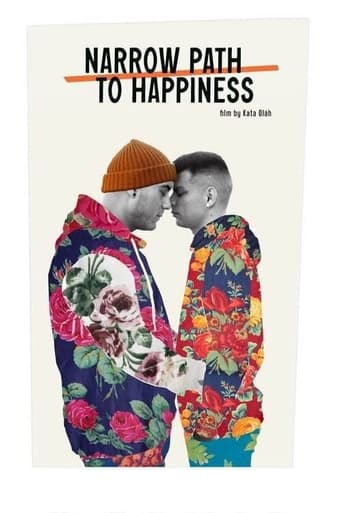
06 Mar 2023

A young gay Romani couple from a remote village in Hungary has a dream so absurd that it seems impossible: making a musical film based on their lives.
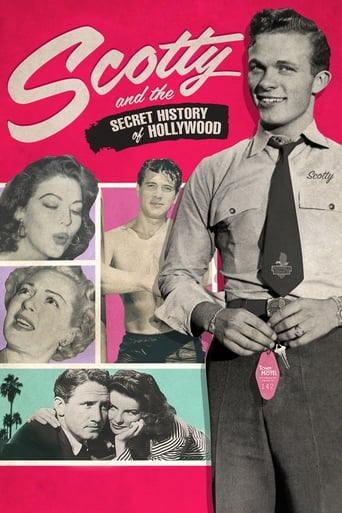
27 Jul 2018

A deliciously scandalous portrait of unsung Hollywood legend Scotty Bowers, whose bestselling memoir chronicled his decades spent as sexual procurer to the stars.
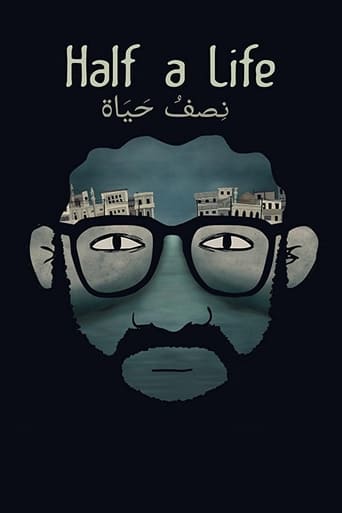
01 Aug 2017

After a traumatic encounter, a young gay Egyptian joins the LGBT rights movement. When his safety is jeopardized, he must choose whether to stay in the country he loves or seek asylum elsewhere as a refugee. "Half a Life" is a timely story of activism and hope, set in the increasingly dangerous, oppressive, and unstable social climate of Egypt today.

28 Jul 2011

A short documentary exploring the ways LGBT couples show affection, and how small interactions like holding hands in public can carry, not only huge personal significance, but also the power to create social change.

14 Jun 2014

LIMITED PARTNERSHIP is the love story between Filipino-American Richard Adams and Australian Tony Sullivan, who, in 1975, became one of the first same-sex couples in the world to be legally married. After applying for a green card for Tony based on their marriage, the couple received a denial letter from the Immigration and Naturalization Service stating, 'You have failed to establish that a bona fide marital relationship can exist between two faggots.' Outraged at this letter, and to prevent Tony's impending deportation, the couple sued the U.S. government, filing the first federal lawsuit seeking equal treatment for a same-sex marriage in U.S. history. This tenacious story of love, marriage and immigration equality is as precedent setting as it is little known... until now.
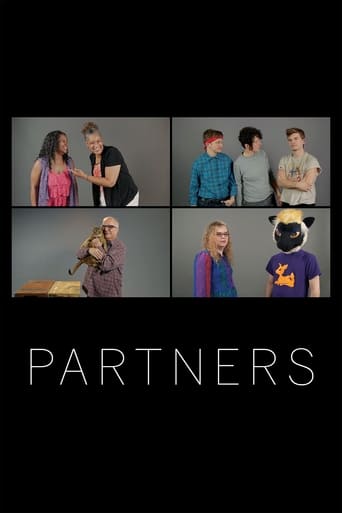
10 May 2018

18 partners discuss the choices they’ve made in deciding on their mates. At its heart, this unscripted documentary film is about acceptance; a gentle message that we shouldn’t judge the choices of others, even if they seem a little different.
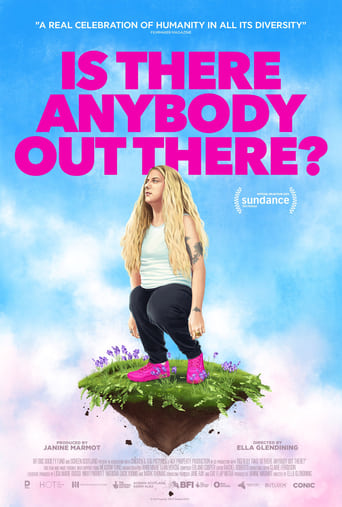
17 Nov 2023

While navigating daily discrimination, a filmmaker who inhabits and loves her unusual body searches the world for another person like her, and explores what it takes to love oneself fiercely despite the pervasiveness of ableism.
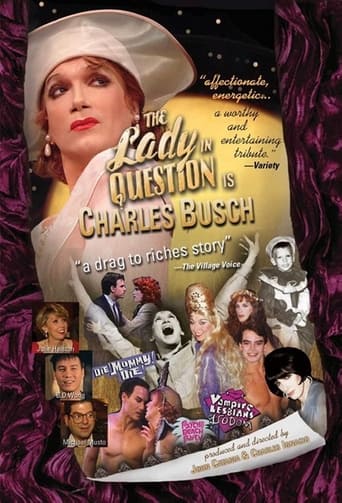
25 Apr 2005

Tender and upbeat, THE LADY IN QUESTION IS CHARLES BUSCH is the affectionate and entertaining tribute to actor, writer, drag performer, and glamorous leading lady Charles Busch.
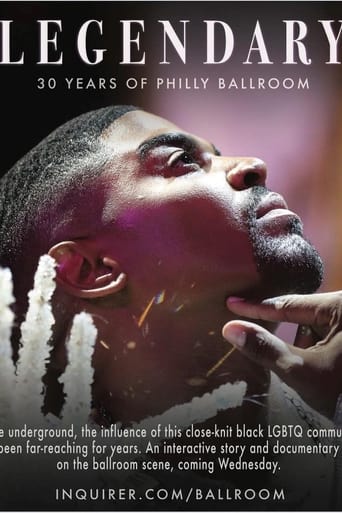
27 Aug 2020

An inside look into the effort to preserve Philadelphia's ballroom scene, a black LGBTQ safe-space that has endured for 30 years.
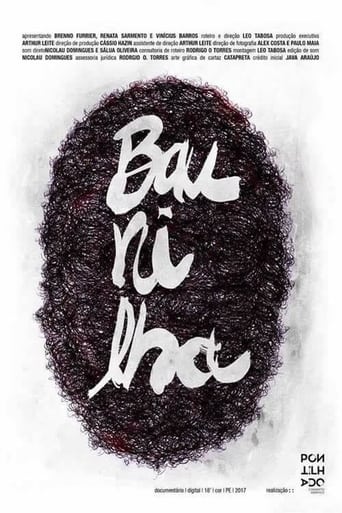
08 Apr 2017

Look around. Everything you see and touch can taste like vanilla.
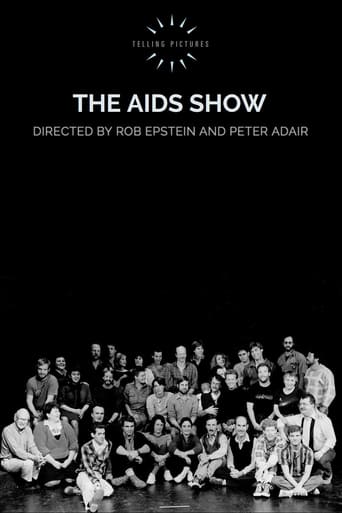
12 Jul 1986

A recording of a play about the intangible impacts AIDS has on a community. This is a moving, beautifully photographed combination of theater and documentary that captures the incredible excitement of live theater and intensifies the power of the play's message.
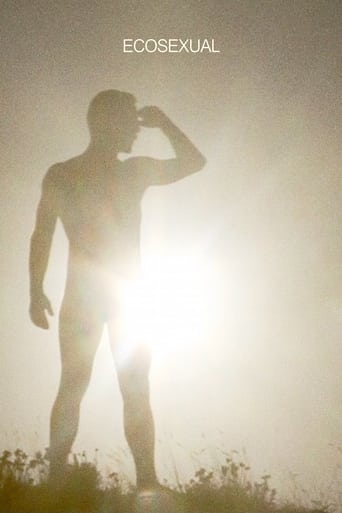
25 Oct 2015

Ecosexual is a poetic monologue set in the Portuguese Mediterranean coast in Algarve about loving and making love with nature. It presents the male body as erotic object and as thinking, feeling subject. Through the senses of taste, touch, smell and sight, the protagonist loses himself in a communion with the natural world.
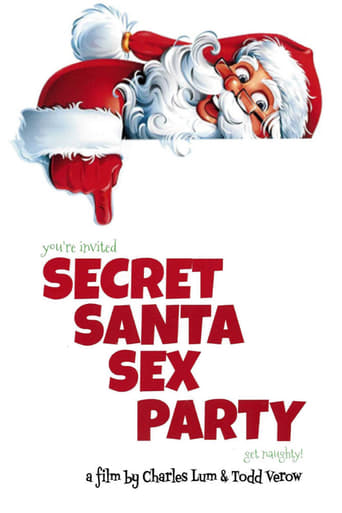
09 Jul 2017

A group of older gay men get together every month for companionship, camaraderie, and sex.
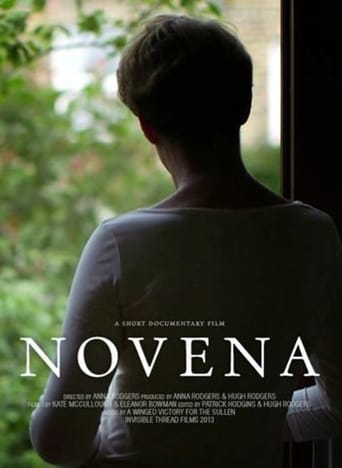
14 Aug 2013

In 2012, Stephen Vaughan and Kay Ferreter are invited to address the congregation at St. Joseph's Redemptorists Church in Dundalk, Ireland for the Solemn Novena Festival. In a powerful speech, the pair describe their experiences being gay and lesbian in Ireland, feeling excluded by Catholic doctrine, and the importance of a more inclusive church.
This is the face of someone the world assumes was stripped of her potential at the age of 18. But tragedy is not Mallory Weggemann's reality. Suddenly paralyzed from the waist down, she was turned loose to become a Paralympic Champion and activist. As Mallory's story unfolds, we come to understand that it was because of, not in spite of, that moment that she discovered who she really is.

11 Mar 2017

Wes Hurley's autobiographical tale of growing up gay in Soviet Union Russia, only to escape with his mother, a mail order bride, to Seattle to face a whole new oppression in his new Christian fundamentalist American dad.
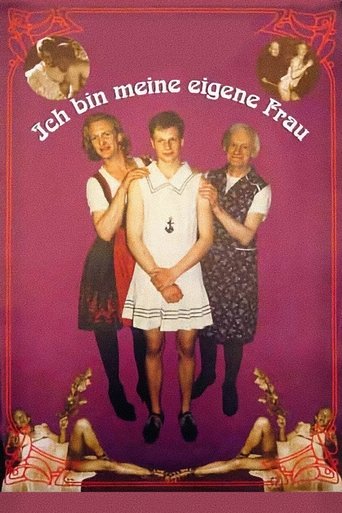
30 Oct 1992

The life story of Charlotte von Mahlsdorf, who survived the Nazi reign as a trans woman and helped start the German gay liberation movement. Documentary with some dramatized scenes. Two actors play the young and middle aged Charlotte and she plays herself in the later years.
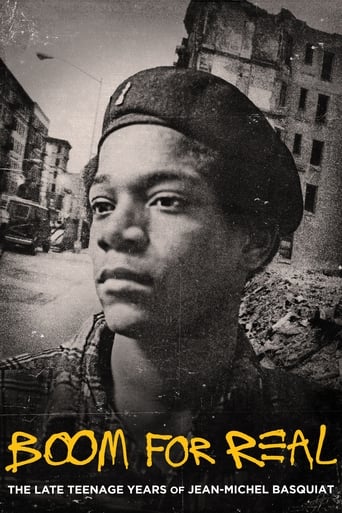
19 Dec 2018

Exploring the pre-fame years of the celebrated American artist Jean-Michel Basquiat, and how New York City, its people, and tectonically shifting arts culture of the late 1970s and '80s shaped his vision.
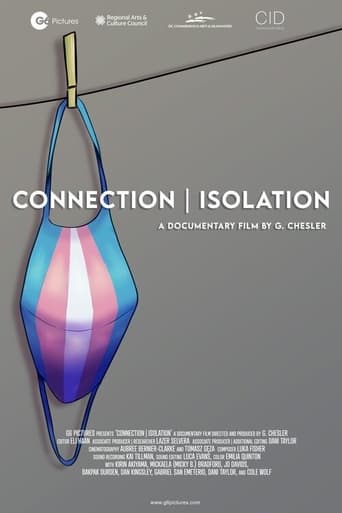
13 Oct 2024

Connection | Isolation presents eight intimate portraits of trans and post-gender individuals navigating the challenges of the COVID-19 pandemic. Amidst moments of connection and isolation, these participants reveal a deepening awareness of gender, their bodies, and trans community. Created by an all trans and queer crew, this hybrid documentary film interlaces portraits with reenactments, integrating archival material documenting what so many experienced and many still do.